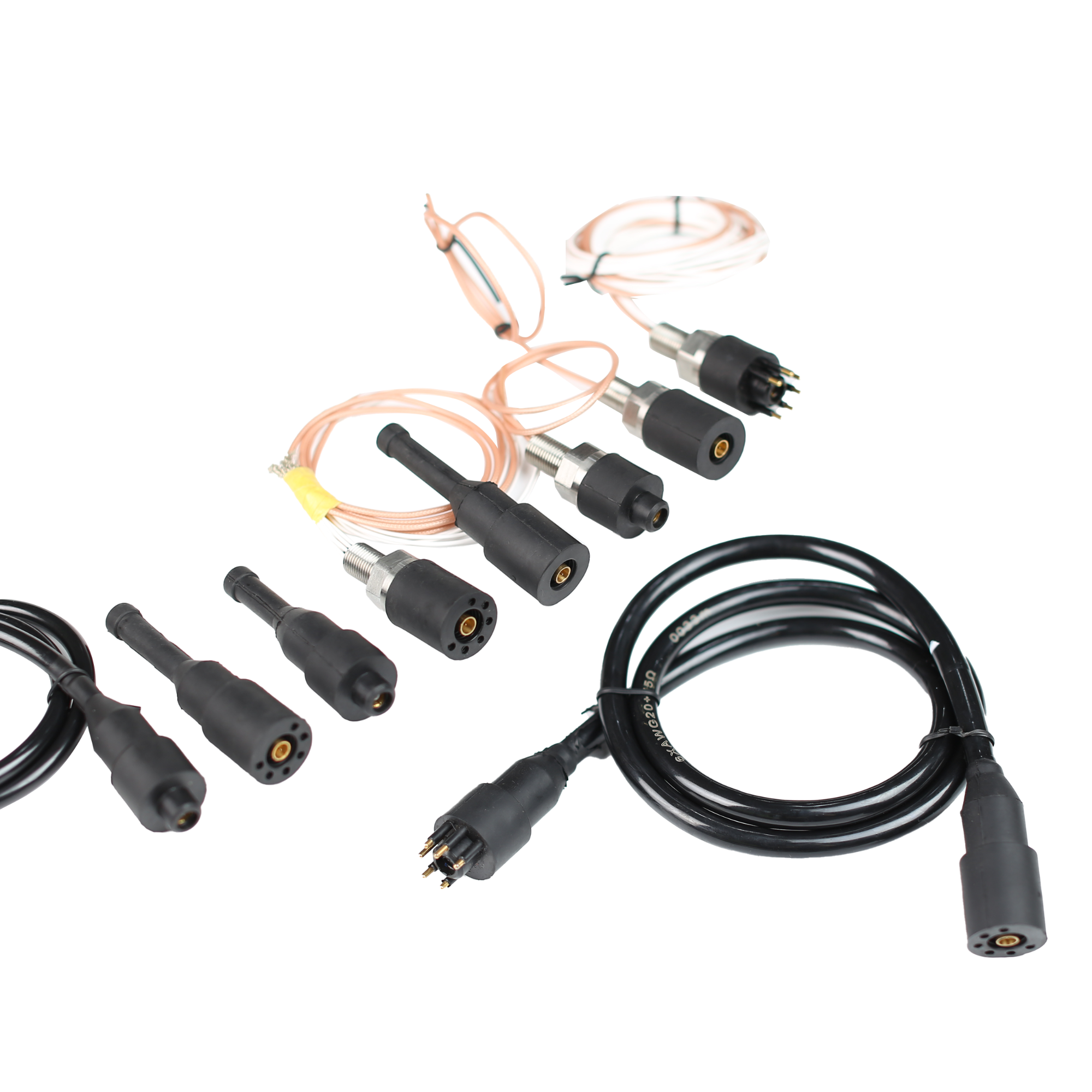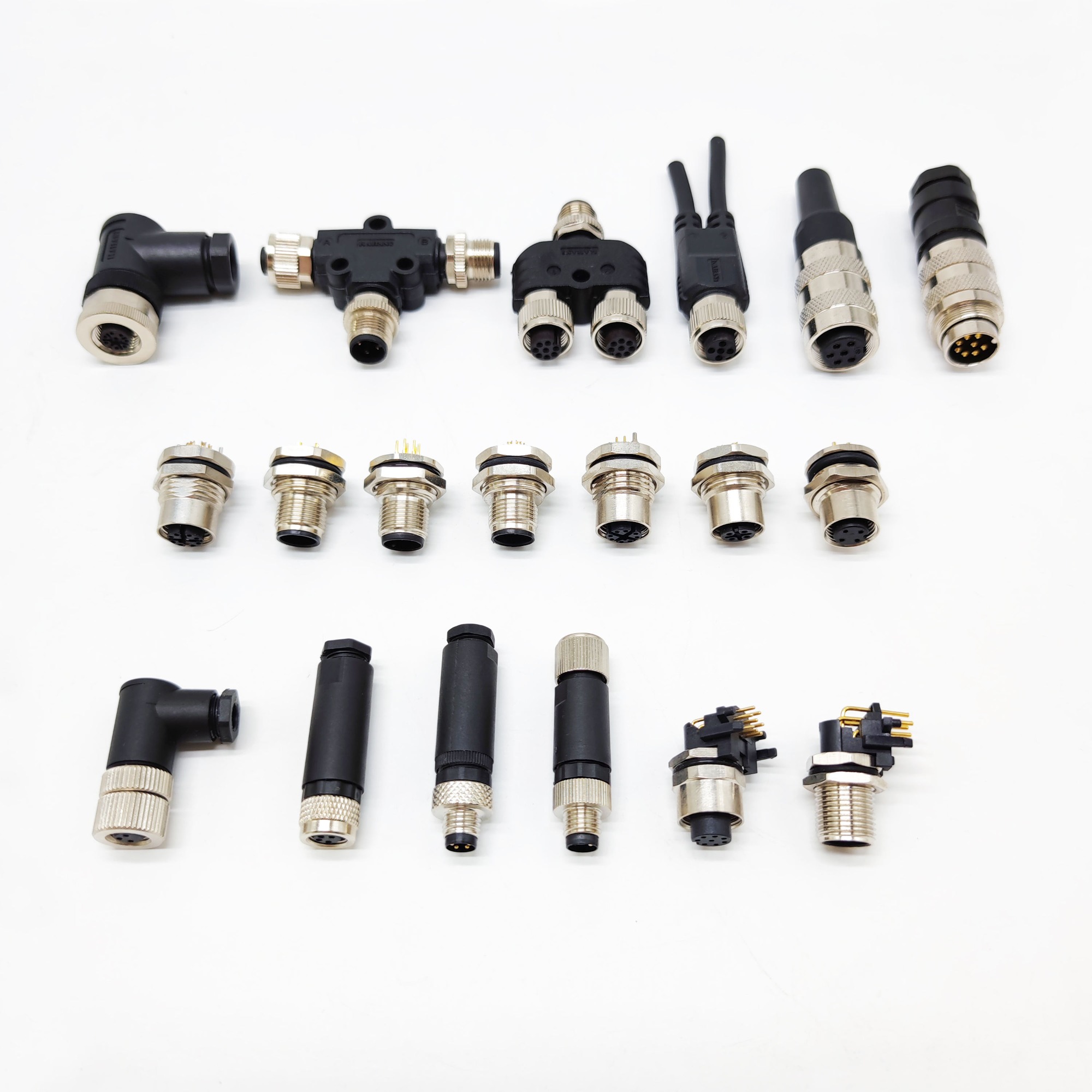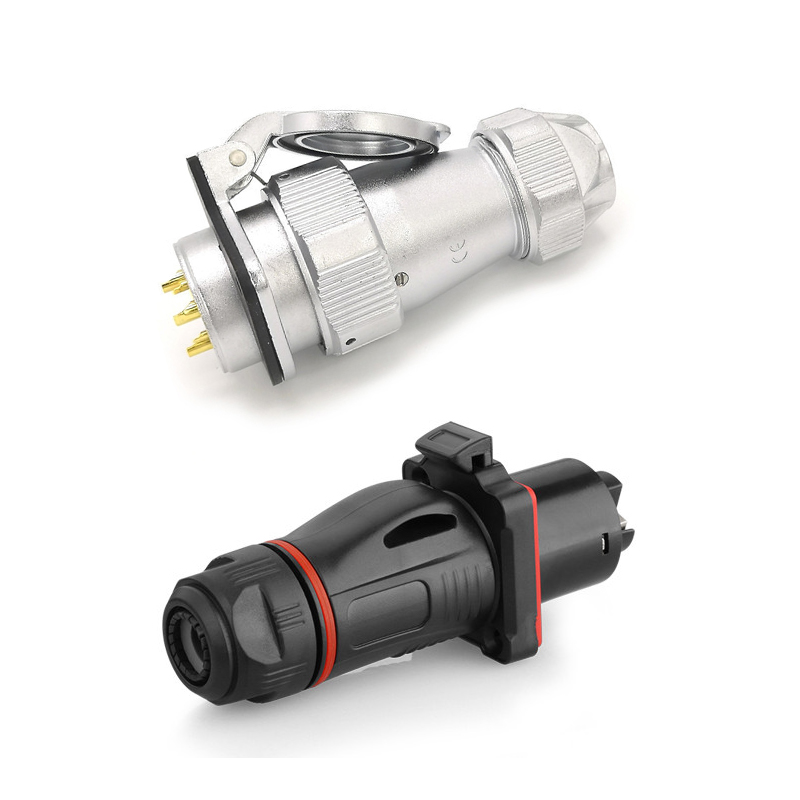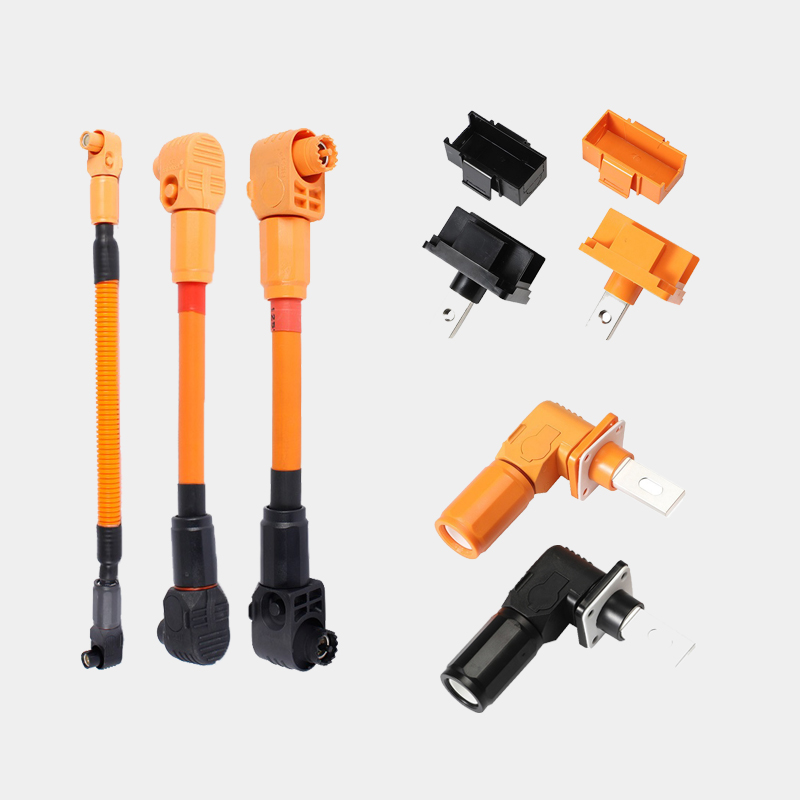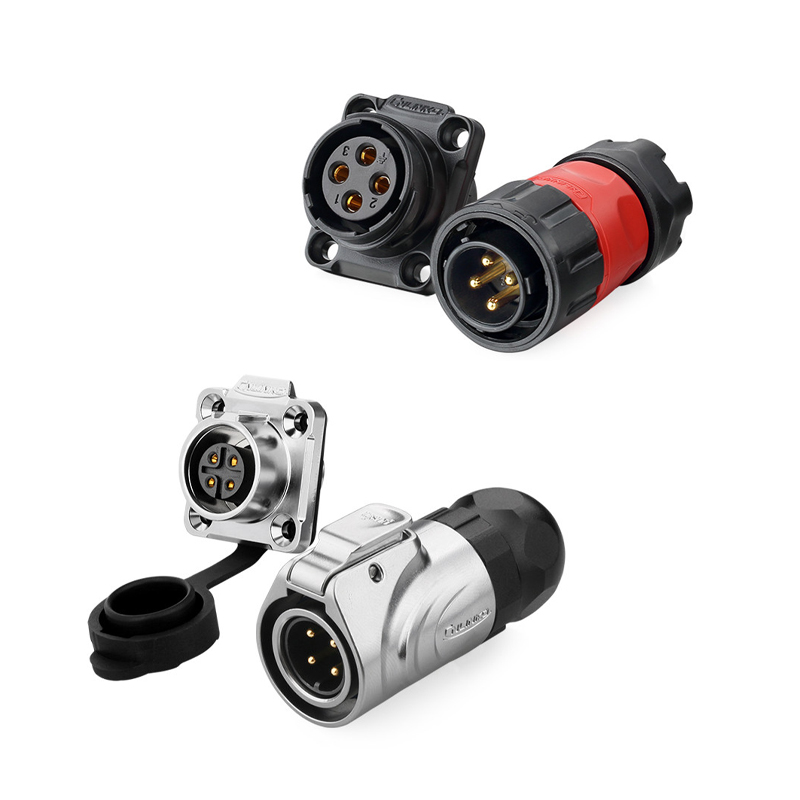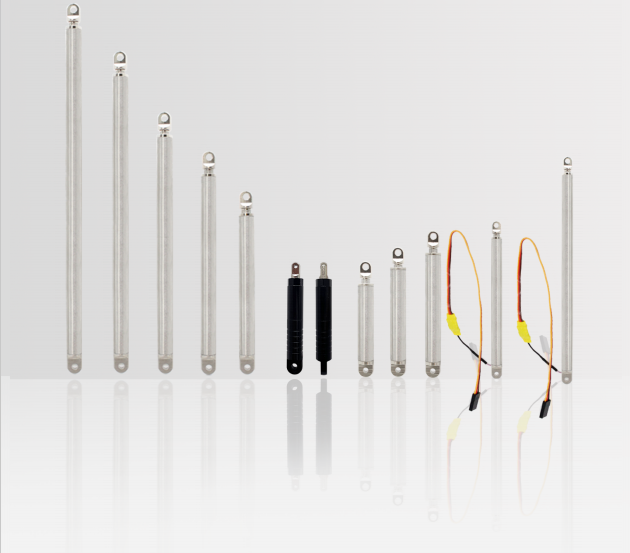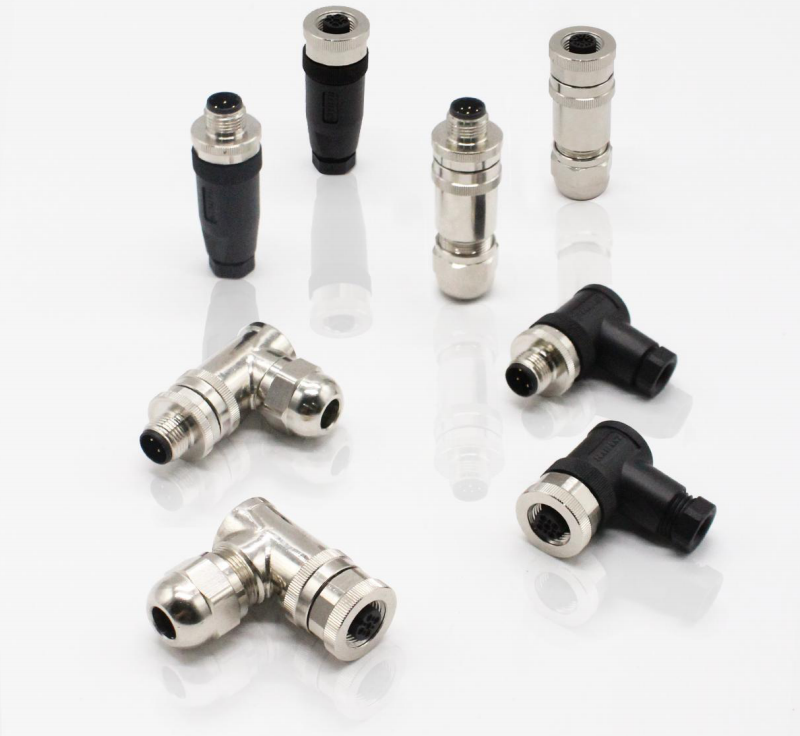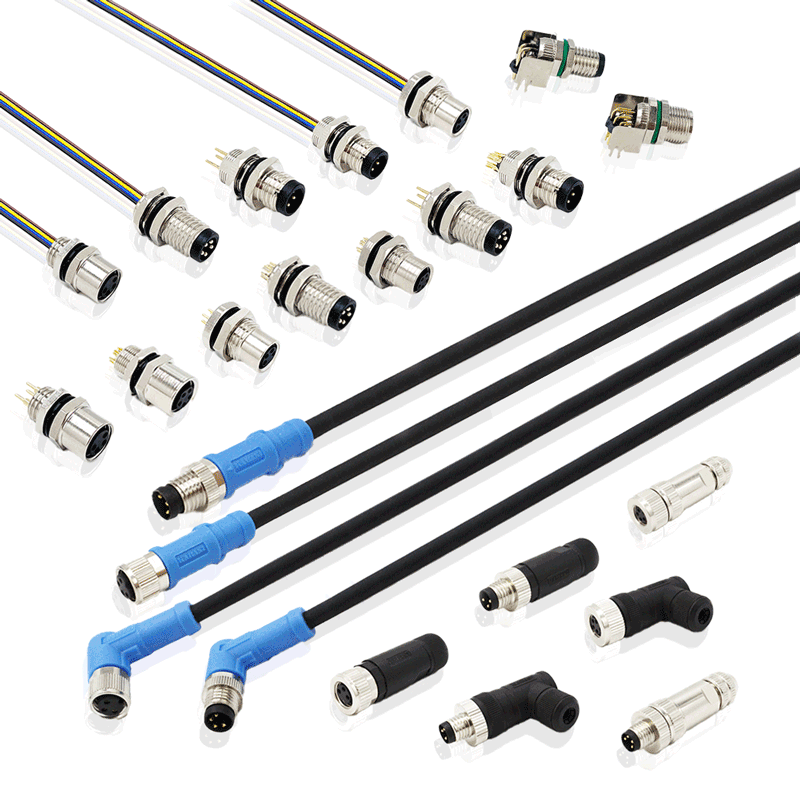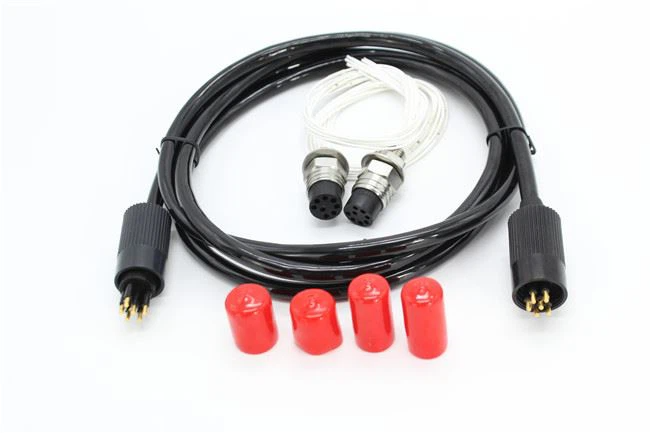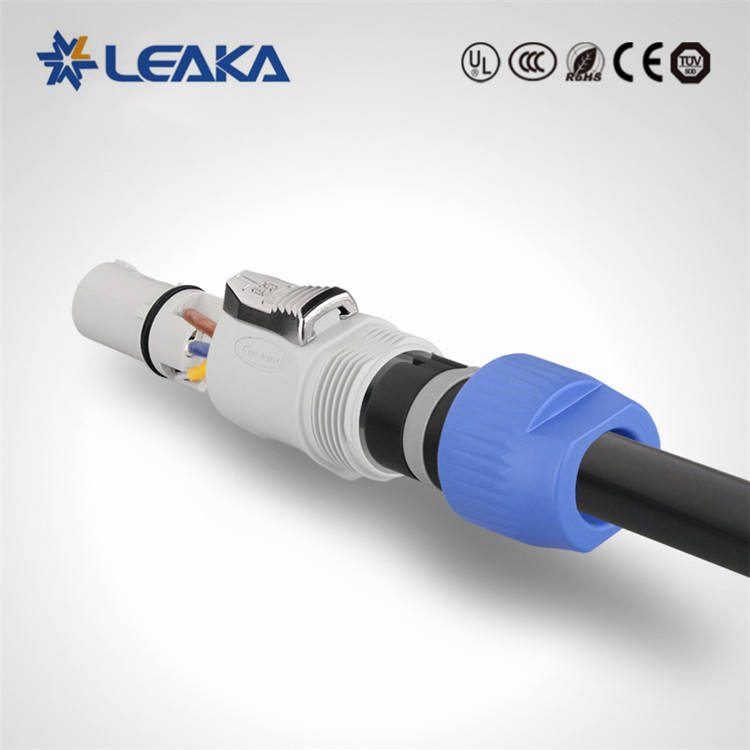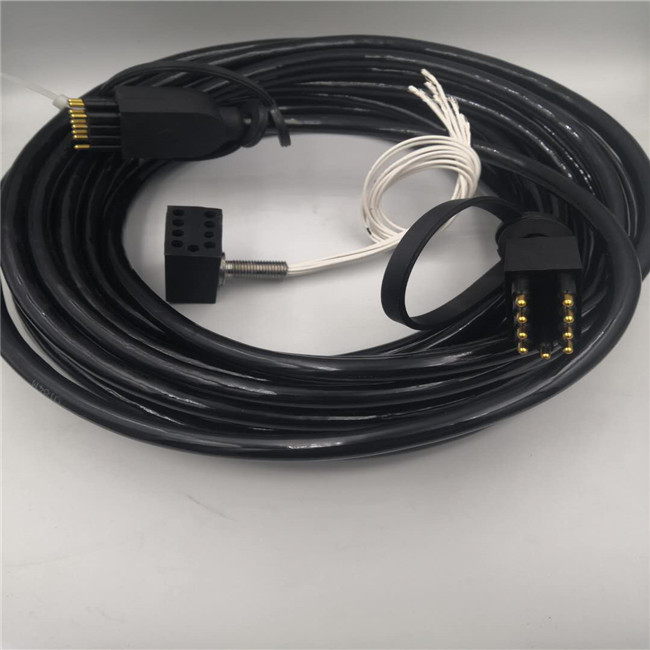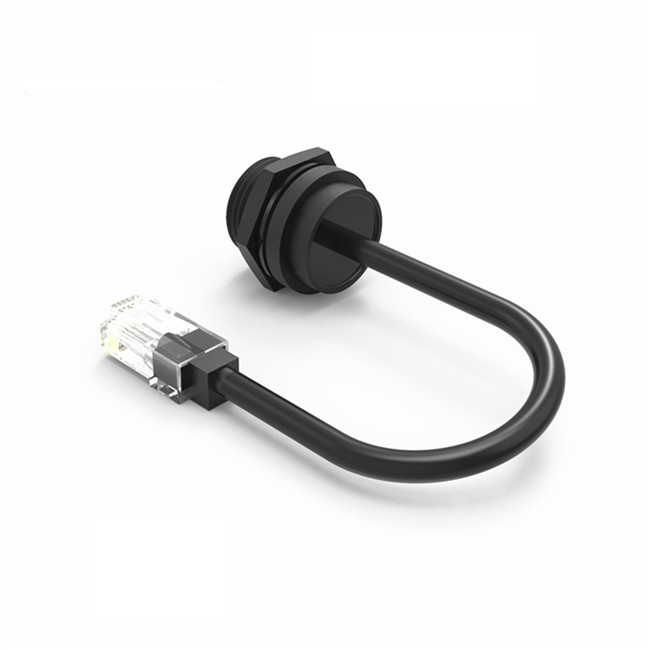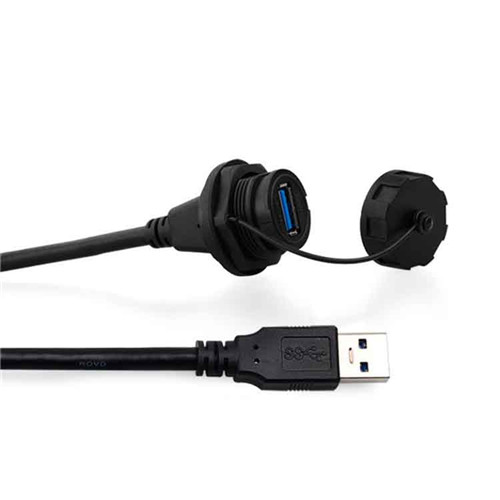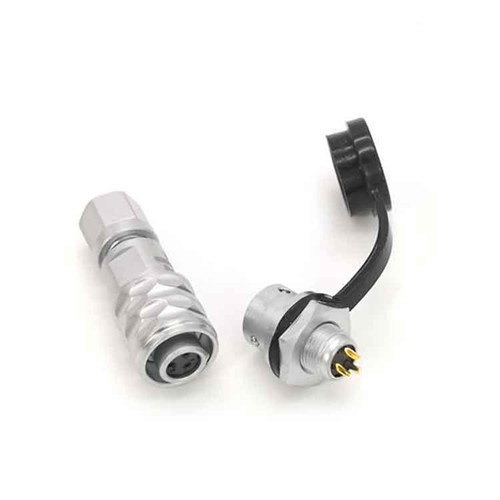Aviation connector
Aviation connector
An aviation connector, in the context of aviation and electronics, refers to a type of electrical connector specifically designed for use in aircraft and related systems. These connectors are crucial components in aviation technology, ensuring reliable and secure electrical connections in various aircraft systems. Aviation connectors are engineered to meet the stringent requirements and standards of the aerospace industry, considering factors such as safety, durability, and performance.
Key features of aviation connectors
1. Reliability:Aviation connectors are designed to provide a reliable and stable electrical connection, even in challenging conditions such as high vibrations, temperature variations, and other environmental factors.
2. Durability: Given the demanding nature of aviation environments, these connectors are often built to be durable and resistant to factors like moisture, chemicals, and physical stress.
3. Compatibility:Aviation connectors need to be compatible with the specific electrical systems and equipment used in aircraft. Standardization is often crucial to ensure interchangeability and ease of maintenance.
4. Shielding: Many aviation connectors incorporate shielding to protect against electromagnetic interference (EMI) and radio frequency interference (RFI), which are particularly important in aviation applications where communication and navigation systems must operate without interference.
5. Quick Disconnect: Some aviation connectors are designed for quick and easy disconnection, facilitating maintenance and repairs.
Classifications
Classifications
Aviation connectors, designed for the aerospace domain, exhibit a myriad of classifications tailored to the specific demands of the industry. They can be broadly categorized into:
1. Circular Connectors:
Circular connectors dominate aviation applications due to their robustness and ability to withstand environmental stressors. They come in various sizes and are often employed in avionics systems.
2. Rectangular Connectors:
Rectangular connectors find utility in aircraft control systems, offering a more organized layout and ease of integration into complex avionic architectures.
3. Coaxial Connectors:
Widely used for RF applications, coaxial connectors ensure reliable signal transmission in communication systems onboard aircraft.
4. Fiber Optic Connectors:
With the increasing reliance on data communication, fiber optic connectors facilitate high-speed data transfer in aviation networks.
5. High-Density Connectors:
In applications where space is at a premium, high-density connectors provide a compact solution without compromising on functionality.
Applications
Aviation connectors find indispensable roles across various aircraft systems, ensuring precision and reliability in critical functions:
1. Avionics Systems:
Circular connectors are prevalent in avionics, connecting navigation systems, communication modules, and cockpit displays.
2. Flight Control Systems:
Rectangular connectors play a crucial role in flight control systems, linking control surfaces and avionic components.
3. Communication Systems:
Coaxial connectors facilitate seamless communication, ensuring a robust connection in radio and radar systems.
4. Data Transmission:
Fiber optic connectors contribute to high-speed data transmission, essential for modern aircraft data networks.
5. Power Distribution:
High-density connectors efficiently manage power distribution, ensuring a reliable supply to various aircraft subsystems.
FAQ
1. How do circular connectors contribute to the resilience of avionic systems?
Circular connectors, renowned for their robustness, enhance system resilience by withstanding environmental challenges and ensuring consistent performance.
2. What considerations should be taken when selecting connectors for flight control applications?
Selecting connectors for flight control involves factors such as reliability, vibration resistance, and the ability to handle harsh conditions, ensuring optimal performance.
3. In communication systems, how do coaxial connectors ensure signal integrity?
Coaxial connectors maintain signal integrity by minimizing electromagnetic interference and signal loss, ensuring clear and reliable communication.
4. Why are fiber optic connectors preferred for data transmission in aviation networks?
Fiber optic connectors excel in data transmission due to their high bandwidth, immunity to electromagnetic interference, and lightweight properties.
5. How do high-density connectors optimize space utilization in aviation applications?
High-density connectors streamline space utilization by packing multiple contacts into a compact form, addressing the space constraints often encountered in aviation environments.
6. What role do connectors play in ensuring power distribution reliability on an aircraft?
Connectors in power distribution systems are designed for reliability, with features such as high current-carrying capacity and secure locking mechanisms to ensure a stable power supply.
Xiamen leaka is a professional designer and manufacturer of various kinds of aviation connectors, if you have any requirements, please feel free to email us.
Xiamen leaka is a professional designer and manufacturer of various kinds of aviation connectors, if you have any requirements, please feel free to email us.
1

